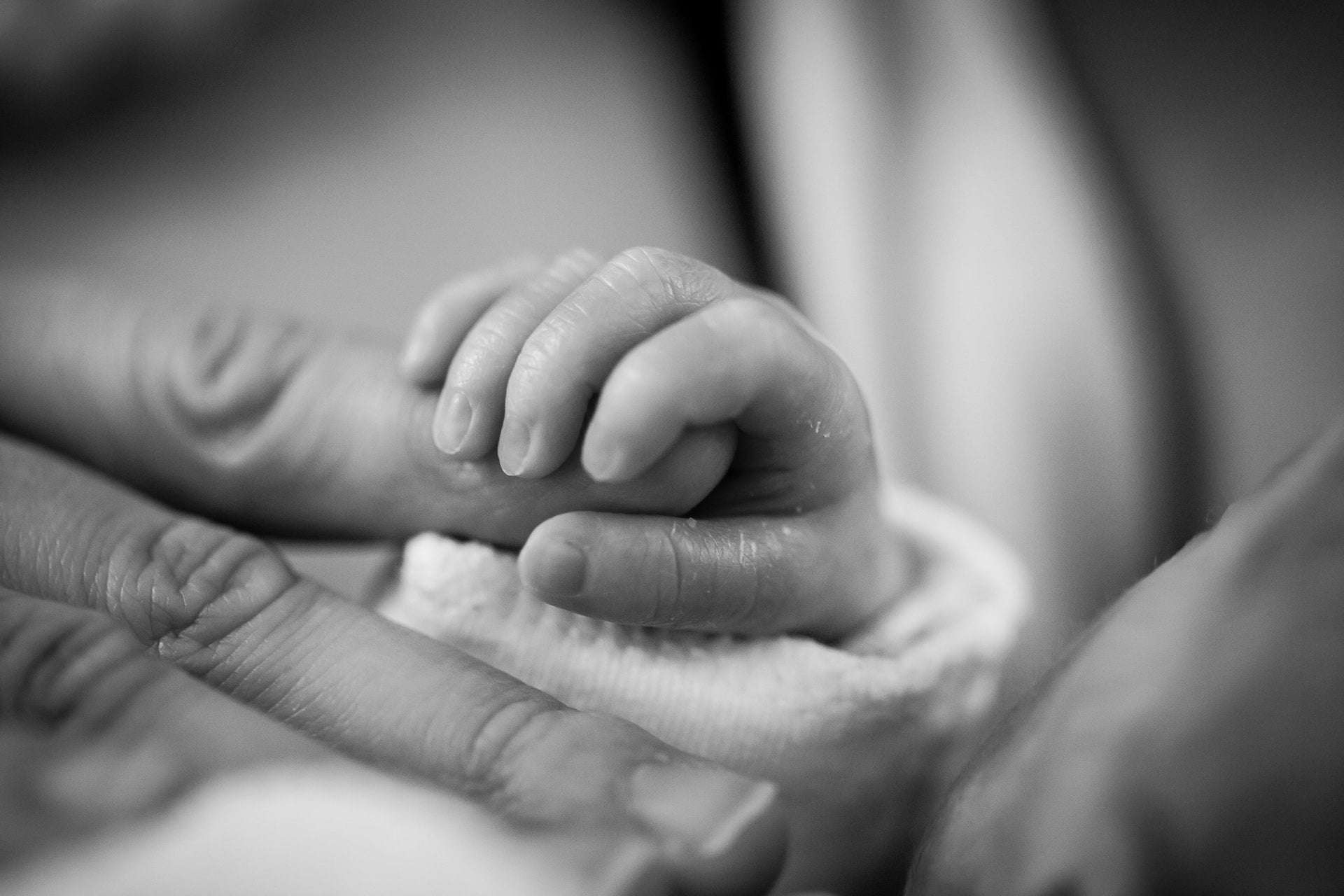Premature Birth: What Causes It?
Premature birth, which occurs before completing 37 weeks of pregnancy, is a common concern even for women experiencing a normal, complication-free pregnancy.
But what can lead to a premature birth?
Indicative Causes:
- Short Cervical Length: If the cervix is shorter than 2.5 centimeters, the likelihood of premature birth is higher.
- Stretched” Uterus: The uterus is a muscle that contracts more as it stretches. This contraction can lead to premature labor. Stretching of the uterus can occur due to multiple pregnancies, an increased amount of amniotic fluid, or a larger-sized fetus.
- Conception Through Artificial Means: Various assisted reproduction methods, like in vitro fertilization (IVF), increase the chances of premature birth.
- Uterine Shape Abnormalities: Certain conditions may alter the shape of the uterus. However, most of these can be detected early through ultrasound.
- Ethnicity and Genetics: Studies have shown that women of African American descent are more likely to give birth prematurely, although experts are not certain why this is the case.
- Short Interval Between Pregnancies: Women who become pregnant again within 18 months or less after a previous birth have a higher chance of giving birth earlier than normal.
- Low Pre-Pregnancy Weight: Women with a low body mass index (BMI less than 19.8) before pregnancy are more likely to have a premature birth.
- Bleeding: Bleeding during pregnancy can be caused by various factors. However, uterine bleeding can trigger contractions, potentially leading to premature labor.
- History of Previous Premature Birth: Having a history of giving birth prematurely increases the likelihood of another premature birth.
Foteini Andriana Stamogiorgou



